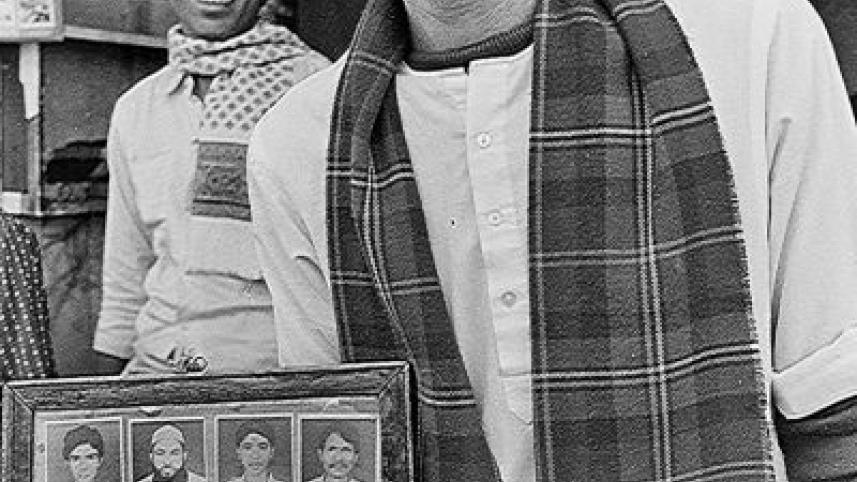What is a Photographer?

When the great French photographer Henri Cartier-Bresson described himself as an “amateur” photographer, he was referring to the original meaning of the word as “lover of.” But in the same breath he also declared he was no dilettante. An amateur photographer can indeed be a committed, pioneering one, and the passion that drove Cartier-Bresson has also driven millions of photographers since 1839, the year photography was invented. Of course, photographic technology and process have evolved: from box cameras to modern DSLRs, from wet plate through daguerreotype, tintype, photogravure, gelatine silver to today's digital. But the magical joy of making an image of what you see in front of you has not changed. I daresay that if I were to meet a photographer from a hundred years ago we would feel excited by the same things in a photograph.
What, then, makes us photographers?
Let's start at the beginning – when we bring the camera to our eyes. Up until this instant we are seeing everything with open eyes, but do we want to photograph everything we see? No. Then comes the special moment when we spot - or anticipate - something special, something we want to photograph. We raise the camera and point it. In front of our eye is something so good that it is worth saving, for ourselves, for others and perhaps for posterity. Click!
There you have it, the tie that binds millions of photographers together: the urge to say “Look at this!”, the desire to freeze a moment from the world around us as it unfurls in a multitude of wonderments.
To be sure, there are many types of photographers. Some do it to pay their bills, so they have to be sensitive to their customer and market needs. Others do it for love. The two are not mutually exclusive; quite the opposite, because the professional photographer got there because he or she loves to make images. And if that is not so, then this professional would be well-advised to seek another vocation.
Here is the reason why. It is much easier to proclaim oneself as a photographer than, say, an engineer, accountant, or doctor. The minimum requirement is purchasing a decent camera. (Perhaps writing is the only vocation easier to stake a claim on.) Hence, the intensely competitive and demanding lives that most photographers live, the dogged search for creativity and the constant need for validation. To stand out from the crowd some try hard to be clever. Thus we endure through a procession of the emperor's new clothes in today's art photography. But all photographers are subject to one unwritten but cruel rule: if you want to make a living from doing something you love, then be prepared to pay dearly for it, as any musician, writer, artist or actor will tell you.
But at the end of the day, what makes a photographer is this: he or she sees something and wants to save it – a landscape, a loved one, a beautiful bird, the unfathomable sadness in the eyes of a refugee. Feeling a tug of the heart, he or she raises the camera and clicks. That click says, “I saw this! Look at it!”
www.facebook.com/ikabirphotographs or follow ihtishamkabir on Instagram



 For all latest news, follow The Daily Star's Google News channel.
For all latest news, follow The Daily Star's Google News channel.
Comments